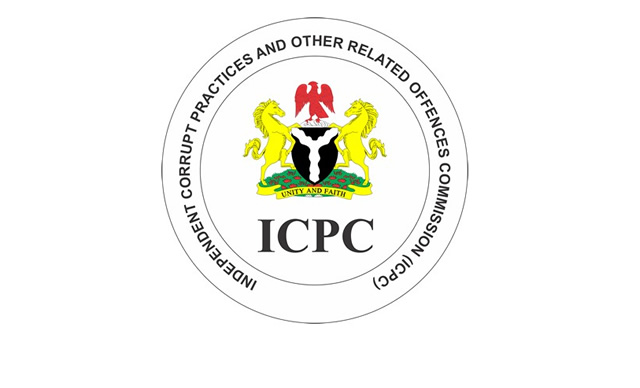The Independent Corrupt Practices and Other Related Offences Commission (ICPC) has raised concerns over the lack of commitment among government institutions in the fight against corruption, revealing that 92 Ministries, Departments, and Agencies (MDAs) are yet to establish Anti-Corruption and Transparency Units (ACTUs).
Presenting a report at an investigative hearing organised by the House of Representatives Committee on Anti-Corruption in Abuja, the ICPC noted that by the end of 2024, 127 MDAs had weak or non-functional units, while five others only maintained ACTUs in name.
The commission’s Chairman, Musa Ali, represented by Mr. Olusegun Adigun, disclosed that only 84 MDAs currently have fully functional ACTUs. He cited funding constraints, political interference, lack of will, and resistance to change as major challenges hindering anti-corruption efforts in public institutions.
He recommended regular training, stakeholder engagement, and deeper public involvement to strengthen the units.
Declaring the hearing open, Speaker of the House of Representatives, Tajudeen Abbas, represented by Umar Ajilo, said the session was a proactive effort to assess ACTU performance and reaffirm the legislature’s commitment to transparency and accountability.
Chairman of the House Committee on Anti-Corruption, Kayode Akiolu, said the ACTUs were designed to decentralise anti-corruption efforts, but acknowledged that while some had performed well, others had deviated from their core mandate.
Also speaking, the Head of Civil Service of the Federation, Esther Didi-Jack, represented by Emeka Aziwe, highlighted some achievements of ACTUs despite existing challenges.





